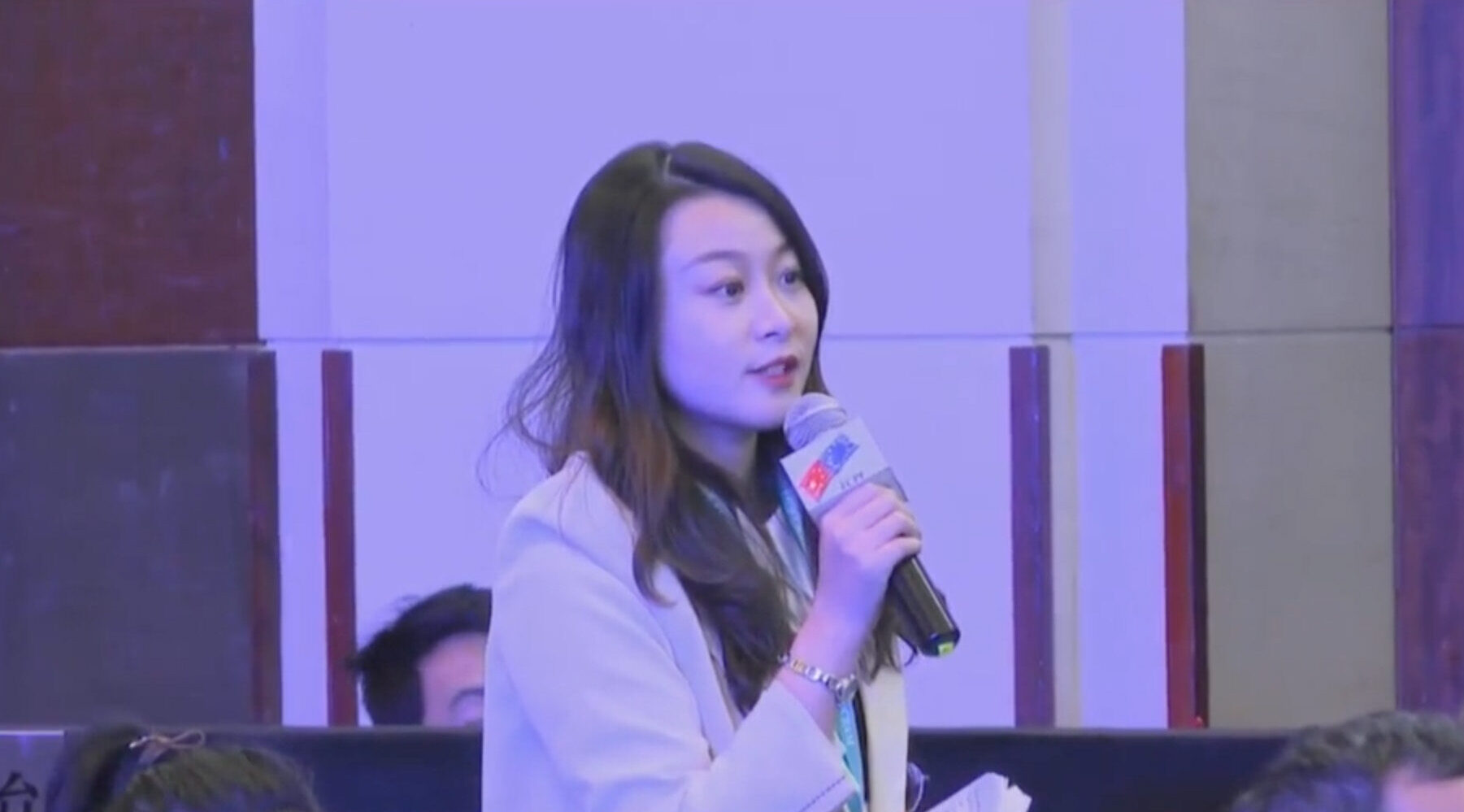
Review: Zero-carbon Vision on the Asia Action Summit
2023-11-29
Trinasolar Zerocarbon Attended Carbon Neutrality Conference 2024
2024-06-21
According to the report, the UK set goals of reaching a reduction in emissions from 1990 levels of 68% by 2030 and net zero by 2050. There is risk, however, that the objective of decarbonisation – to reduce global emissions – could be undermined by carbon leakage. Carbon leakage is the movement of production and associated emissions from one country to another due to different levels of decarbonisation effort through carbon pricing and climate regulation. The consultation’s respondents suggested a range of factors contribute to carbon leakage risk, with most respondents to this question answering that the UK carbon price relative to other jurisdictions contributes to the risk of future carbon leakage. To address carbon leakage risk, the majority of respondents agreed that the government should act on both domestic measures alongside international and through multilateral action, rather than just domestic or international action.


*Data source: "Addressing carbon leakage risk to support decarbonisation - Summary of cunsultation responses and government response", http://www.gov.uk/government/consultations/addressing-carbon-leakage-risk-to-surpport-decarbonisation
Following an analysis of the responses received, the government determined that a carbon border adjustment mechanism could be an appropriate policy measure to mitigate carbon leakage risk to the UK in the future. The government would implement CBAM by 2027. Further design and delivery of the CBAM will be subject to further consultation in 2024.
The UK’s current main measure to mitigate carbon leakage risk is the system of free allocation under the UK ETS. A majority of responses agreed that it is logical that a UK CBAM should only apply to products in sectors subject to the UK ETS, referencing the importance of coherence between a UK CBAM and UK carbon pricing policy, and where those sectors are at risk of carbon leakage.
Therefore, UK CBAM would cover sectors including aluminum, cement, fertilizer, glass, hydrogen, iron and steel.
1) Timing: The proposed implementation of the UK CBAM by 2027 follows the EU CBAM (entered its transitional period on 1 October 2023) starting 2026. It remains to be seen whether the UK CBAM will also have a transitional period where only reporting of emissions is required, with no associated penalty.
2) Sector Scope: Though both would cover iron and steel, aluminum, cement, hydrogen and fertilizers, the UK CBAM will also include ceramics and glass. Notably, the UK CBAM is not expected to cover electricity.
3) Emission Scope: UK CBAM would be applied to Scope 1, Scope 2 and select precursor product emissions embedded in imported products to ensure comparative coverage with the UK ETS.
4) Emission Certificates: Although the EU CBAM requires reporters to purchase and surrender CBAM certificates, the UK Government seems to have ruled this out for the UK scheme.
5) How is UK CBAM calculated?
The measurement of emissions for UK CBAM reporting might be similar to the EU's methodology for calculating CBAM emissions and declaring CBAM emissions.
Companies exporting to the UK will be required to pay a carbon price, reflecting the difference between the carbon price in the country of origin (if applicable) and the UK's carbon price.

*Data source: "Addressing carbon leakage risk to support decarbonisation - Summary of cunsultation responses and government response", http://www.gov.uk/government/consultations/addressing-carbon-leakage-risk-to-surpport-decarbonisation

Although details of the UK CBAM have not been finalized and will be consulted on in 2024, there are a number of steps business can take now to start their preparations, leveraging the lessons learned from preparations for the EU CBAM, such as: conducting carbon inventory of emissions, implementing measures to reduce carbon emissions, choosing to cooperate with lower-carbon suppliers, investing in cleaner technologies, etc.
Trina Zero Carbon Technology (Shanghai) Co., Ltd. is a wholly-owned subsidiary of Trina Solar Co., Ltd. that focuses on zero carbon solutions and is a carbon neutral service provider that helps global green transformation.
Our service on CBAM include two parts. For the purpose of compliance, we provide guidance on exporter carbon inventory, CBAM calculation, CBAM reporting and CBAM certificate estimation. For the purpose of reducing CBAM fees, we provide services such as supplier carbon inventory, carbon emission gap evaluation and CBAM certificate trading.
Please do not hesitate to contact directly if you have any inquiries.



